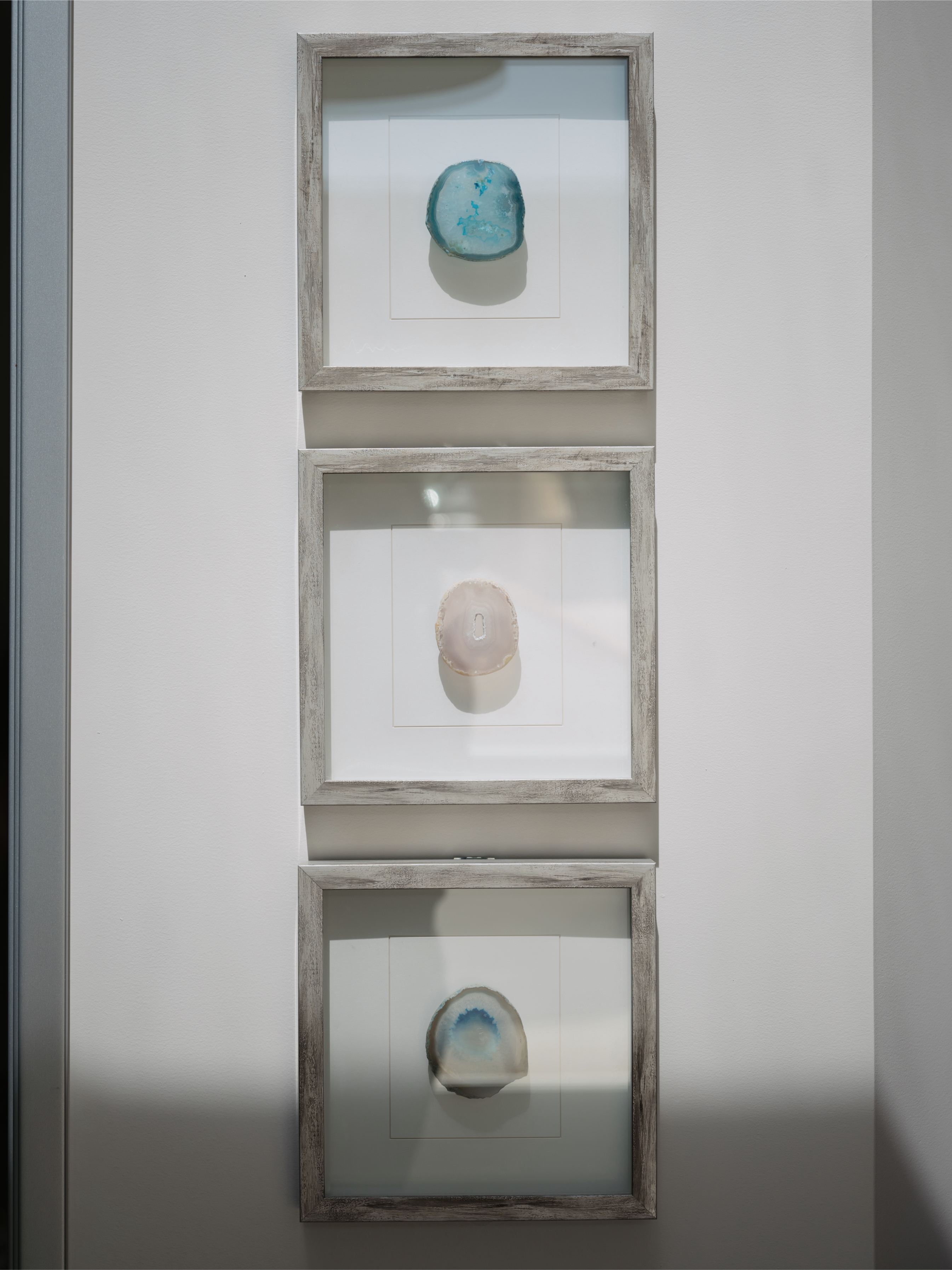
Why You Shouldn’t Wear A Sports Mouth Guard For Bruxism

Why You Shouldn’t Wear A Sports Mouth Guard For Bruxism
August 30, 2018
At first glance, the word bruxism may sound like a type of extreme sport. At Sinclair Smiles, our dentist in Encinitas, CA care about our patient’s well-being. What bruxism and an extreme sport have in common, is that in both you may need a mouthguard. Mouthguards are commonly used during high-impact or contact sports where the risk of damaging your teeth is high. However, bruxism is the grinding of the teeth at night while you sleep. Whichever one of these you may do, mouthguards are extremely important and can benefit you for a long time coming. Today we will discuss the differences between mouthguards, and which one would be best for you and your lifestyle.
Intended Wear Time
An athletic mouthguard is usually only worn for an hour or two during games or practices. Nightguards are made to be worn throughout the entire night’s sleep, approximately 8 hours in a row. In certain conditions, bacteria thrive and multiply, such as warm, dark, and moist ones. The make of your mouthguard and how long you intend to wear them is important as you can keep bacterial growth at bay.
Coverage
Most athletic mouthguards are designed to protect the crown of your tooth above the gum line. They also protect the junction and root of the tooth below the gumline. A sports mouth guard covers your teeth and gums and a nightguard may only need to cover the biting surfaces of your teeth.
Thickness
Another size difference is between athletic mouthguards and therapeutic nightguards. That an athletic mouthguard is oftentimes thicker. This is to allow for more coverage of your teeth, ensuring that during a sports game or a workout, your teeth are not susceptible to any dangers.
If you worry about bruxism or have questions associated with mouthguards, please give our office a call. We’re always open to answering any questions you may have and addressing any concerns.
Connect
Call (760) 753-3368 or request an appointment online to set up your first visit. We’ll be in touch soon.
